
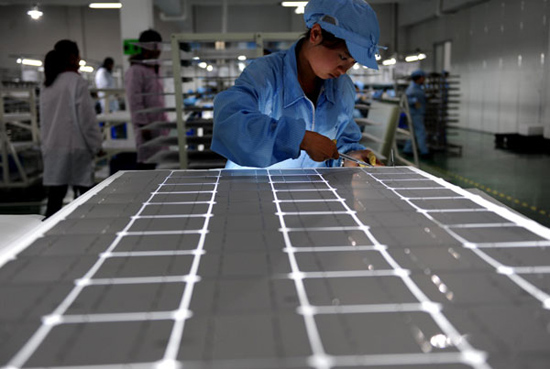 |
China's troubled solar-panel manufacturing industry should see light at the end of the tunnel as early as this year, the CEO of a major panel manufacturer said.
Chen Kangping, who heads JinkoSolar Holding Co, said domestic solar companies who can survive 2013 should be able to make a profit next year.
"We believe those companies that perform well, including Jinko, will be profitable in the second half of this year," said Chen, who is also a deputy to the 12th National People's Congress.
Chen said his New York Stock Exchange-listed company is now dealing with more orders than it can handle, and production can't meet demand even at full capacity. Jinko therefore can be selective when accepting orders, and focus on those with higher profit margins from long-term clients, he said.
The performance of Jinko, one of the largest domestic solar panel manufacturers, is representative of the entire industry, which is also improving, Chen said.
"Those companies that can't get through 2013 will lead to an industry reshuffling, while those that do survive will have a better time of it," he said.
The State Council said recently the government will encourage distributed power-generation projects of solar power and other clean-energy sources.
This is expected to generate a direct market value of 10 trillion yuan ($1.6 trillion) in coming years, said Li Hejun, chairman of the China New Energy Chamber of Commerce and a member of the National Committee of the Chinese People's Political Consultative Conference.
However, while the domestic market is promising, the global market remains challenging.
Up to 70 percent of China's PV solar modules are exported to Europe, but the market there has been hurt by high punitive tariffs stemming from anti-dumping and anti-subsidy probes.
Chen said the attractiveness of Europe as a market is diminishing because the bargaining ability of clients in such a saturated market is "astonishing". In addition, "Europe is not where we can sell at the highest price".
He said opportunities lie in emerging markets, such as countries in Africa, Southeast Asia and the Middle East, where there is less competition and customers attach more importance to service than to price.
Chen also expressed his confidence in Jinko's stock price, which "should be three to five times its current level in the next two years."
The aggregate market value of nine US-listed Chinese solar power companies reached its highest at $32 billion in 2007. But today, even with two more listed companies, their total value has dropped by 90 percent amid overcapacity and recessions in the major markets.
"Overcapacity is part of a maturing process for any industry," said Gil Forer, Ernst & Young's Global Cleantech leader.
Forer said Chinese companies should make bolder moves in the overseas market. "We believe we'll see more overseas acquisitions by Chinese firms," he said.
As the solar-power industry in Western Europe experiences problems from diminished government support, Forer said that is where many of the acquisition opportunities will come from.
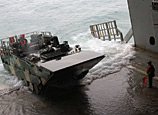

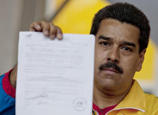
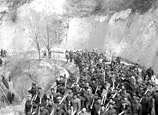



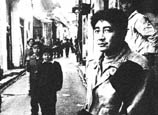
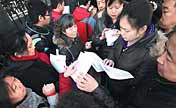
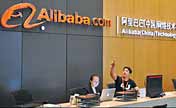






 Year's first rainfall for Beijing
Year's first rainfall for Beijing


![]()
